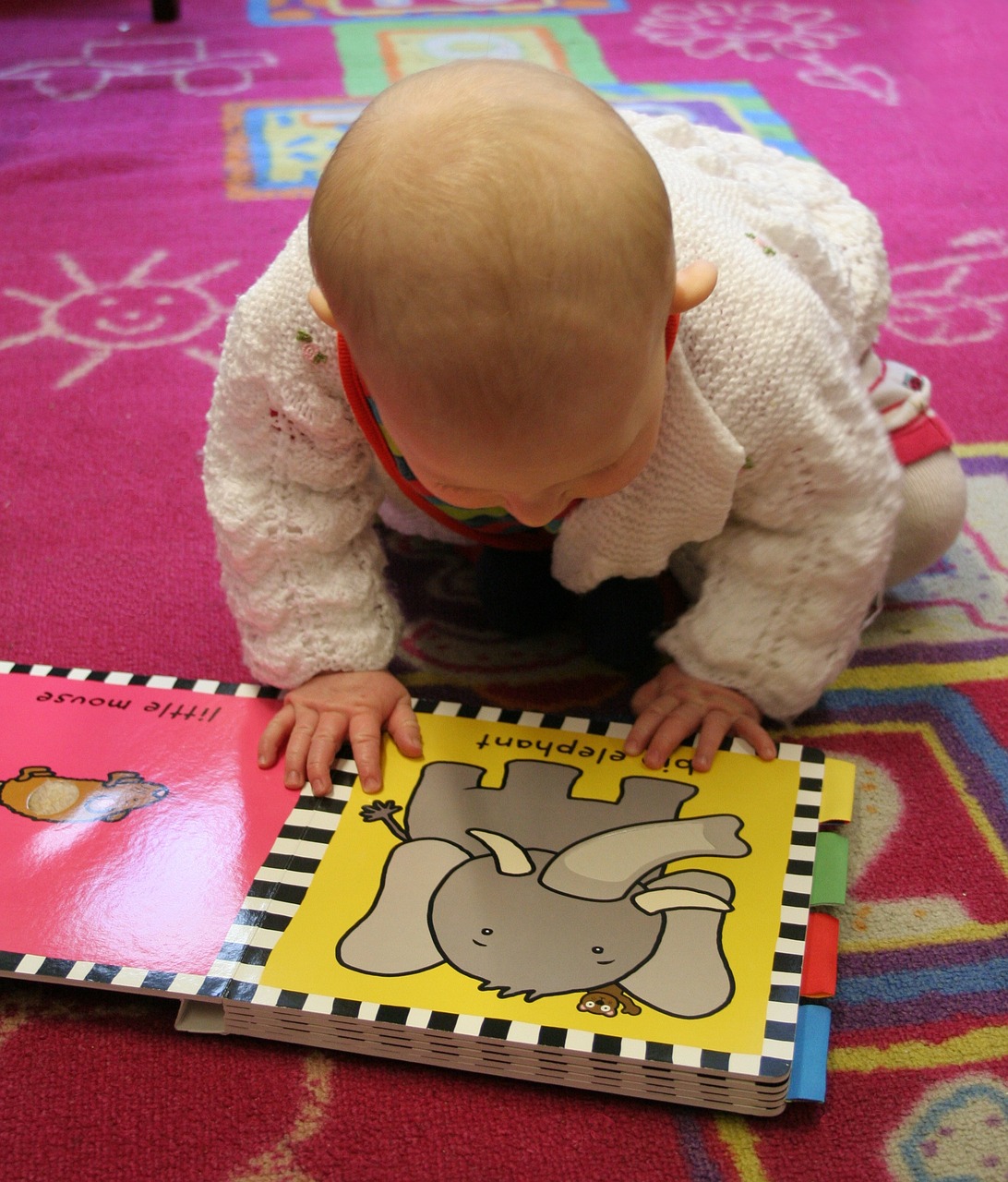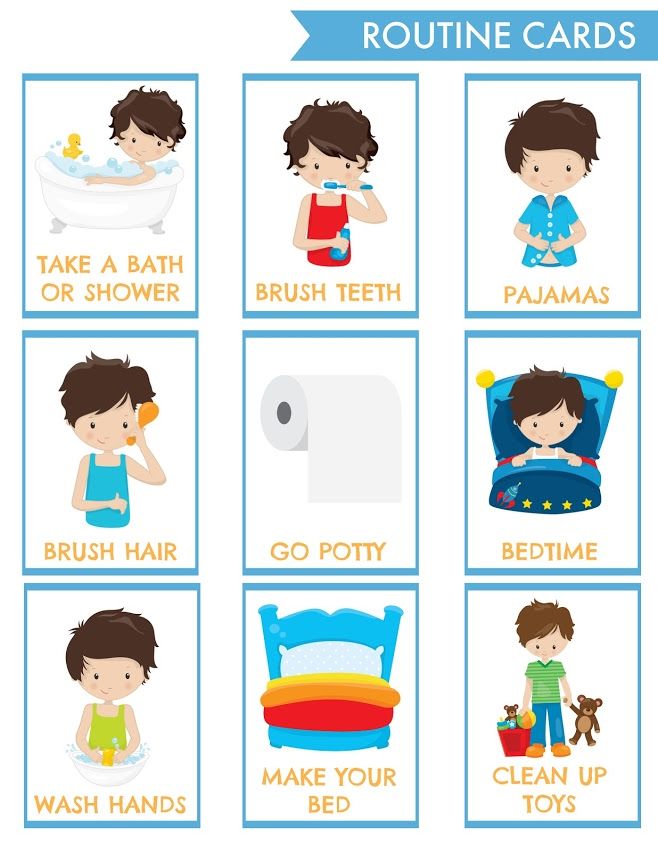Your basket is currently empty!

“Parental Guide: 5 Proven Tactics to Boost Infant Learning & Development”
Early childhood development holds a profound significance in shaping a child’s future. It marks a pivotal period when an infant brain undergoes rapid growth and development, laying the foundation for lifelong learning, behavior, and health. Parents, universally, harbor an ardent desire for their children to grow up happy, healthy, and intellectually capable, recognizing the critical role these formative years play in their overall well-being.
During these early years, an infant’s brain forms crucial connections and neural pathways that shape their cognitive, emotional, and social abilities. Research underscores that experiences during this phase significantly impact a child’s future trajectory, influencing their learning capacity, behavior, and even physical health.
Parental guide, we all desire cheerful, thriving infants. More than that, we aim for their intelligence.
Growing insights in the realm of early brain development highlight some fundamental actions you can undertake now to nurture a child eager to explore the world and geared for learning. These initial educational activities we’re discussing are straightforward—completely devoid of screen time!
The American Academy of Pediatrics (AAP) advises parents to engage with their pediatrician on crafting a nurturing, stimulating environment for their baby. This begins from birth, fostering healthy brain growth and cultivating social and emotional skills essential for school readiness.
Integrate the “5 Rs of Early Education” into your everyday routines, right from the onset
- Read together as a daily family activity.The AAP recommends this practice to cultivate language, literacy, and social-emotional skills that persist over a lifetime. Initiating reading sessions with your child, as studies indicate, triggers heightened brain activity, fostering language, literacy skills, and imaginative thinking.
 PC- Pixabay
PC- Pixabay
- Incorporate rhymes, play, conversation, singing, and cuddling into your daily interactions.The AAP encourages parents to employ play to assist their child in achieving health and developmental milestones, starting right from birth. Here are several effective methods, tailored to your child’s age. Engage in discussions about their surroundings—be it at home, while shopping, or during travel. Enroll in quality early education programs, frequent children’s museums or local libraries, and relish storytime.
-
Establish routines encompassing meals, playtime, and sleep.This practice aids children in anticipating and understanding expectations. Take, for instance, the “Brush, Book, Bed” routine, an excellent way to structure your child’s nightly regimen. Research published in Pediatrics reveals that having a minimum of three family meals together each week correlates with healthier children.
 PC- Pinterest
PC- Pinterest - Acknowledge everyday triumphs (especially those stemming from efforts towards goals, such as assisting others).Notice the positive actions of your child and commend them! Encouragement from close family members is a potent reward. Consult your pediatrician for advice on molding and managing your child’s behavior, role modeling positive behavior, and reinforcing it using constructive disciplinary methods that nurture a child’s self-regulation abilities. Your child’s social, emotional, and behavioral skills are equally vital for success in school.
- Cultivate relationships that are nurturing, respectful, and consistent.A strong parent-child bond helps shield against the enduring impacts of adverse childhood experiences (ACEs)—traumatic incidents that could undermine a child’s prospects in school. As you endeavor to impart lessons on healthy relationships and judicious friend selection, remember to exemplify these traits in your own life. Exhibiting strong relationship skills with your spouse or partner, and devoting time to foster close friendships, is just as significant as discussing these skills—perhaps even more so.
You are your baby’s foremost teacher. Early childhood development, therefore, is the linchpin for fulfilling these aspirations. It’s a time when parental guidance, environmental stimuli, and nurturing experiences shape a child’s ability to think, learn, and interact with the world around them. The importance of this period lies in laying a robust foundation that can pave the way for future successes, both academically and socially.

Leave a Reply